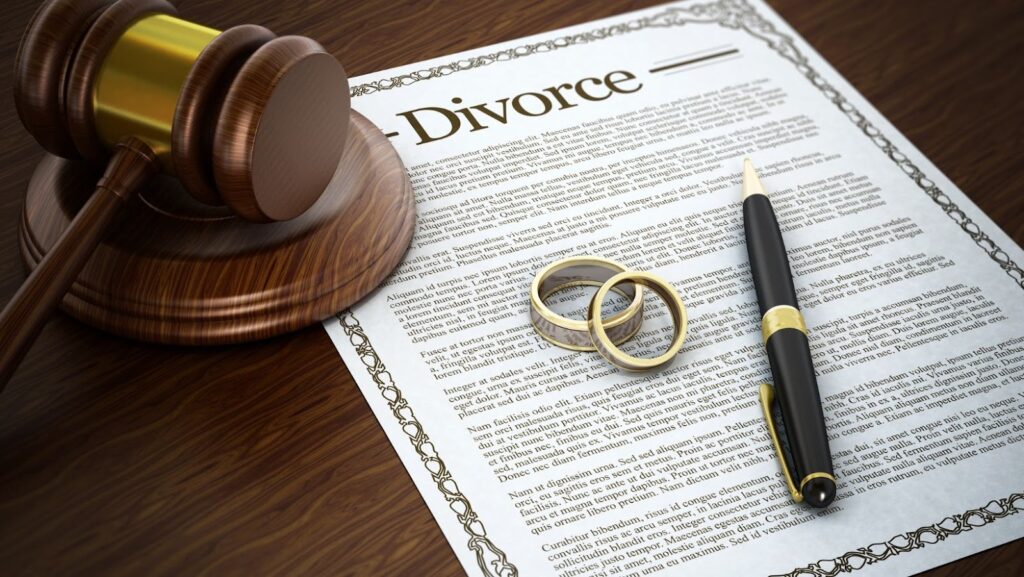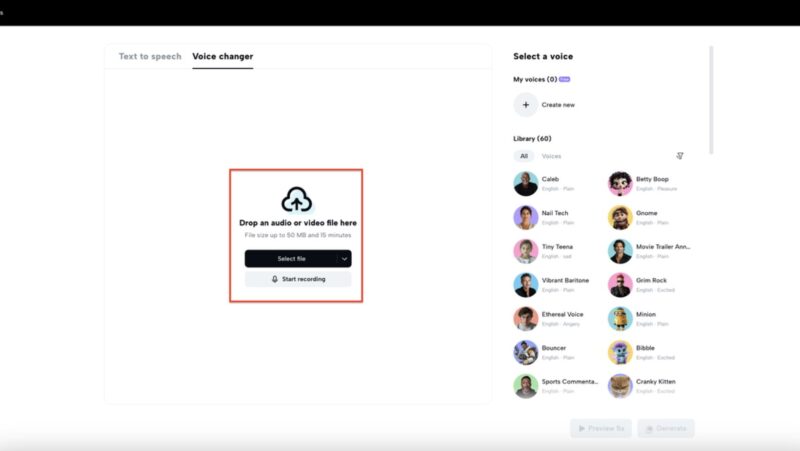
Divorce is not something most couples think about unless one party is particularly wealthy and decides on a prenup before the wedding. After all, you are taking vows and agreeing to be together until death.
However, the unfortunate truth is that people change, and these changes can lead to them falling out of love. This leads to approximately 40% of marriages ending in divorce; that’s nearly 50,000 divorces per year. In some cases, the divorce is amicable, which makes it easier to resolve issues. However, most of the time, it becomes complicated as the couple has spent years building a life together and now needs to split their assets fairly.
In many cases, this includes a house, and both parties will be eager to hang onto this. Dealing with the issues together is never a good solution; it’s better to speak with a reputable divorce lawyer in Sydney and have them assist with the fair allocation of assets.
Selling The House

The easiest solution for a divorcing couple is to sell the house and split any profit 50-50. It’s fair, easy to define, and can make it easier for both parties to move on.
However, in many cases, at least one party doesn’t want to sell the house. This instantly makes it more complicated. Something that is complicated further when children are involved. Of course, although you are divorcing, you need to make sure your children have as much stability as possible. That can mean it is better for one of you to keep the house with the children.
Financial Status

The next thing to consider is whether one party can afford to pay the mortgage and the house bills. If this isn’t the case, then the house will need to be sold. But, if one party can and they are having the children, then the other party can agree to them keeping the house. But you’ll have to confirm via a legal contract the following:
- The equity value
Equity is the amount each of you would get if the house was sold. If one party is staying in the house and paying for everything in the future, it will be important to define the equity value of the other party. At some stage, they will need to be paid these funds.
- Delayed payment terms
In general, the party staying in the house will be unable to give the other party their equity. That means the two parties have to agree on how the equity can be paid to ensure the person leaving the house gets the funds they are entitled to.
It can be in staged payments or based on selling the house after the children have reached a certain age. Whatever the decision, it must be confirmed in writing by a lawyer to ensure the terms are adhered to in the future.
If the parties can’t agree on a payment proposal, the house will still need to be sold.
If you’re getting divorced, you’ll need to look at your personal situation to decide what works best for you. Every solution is unique.











